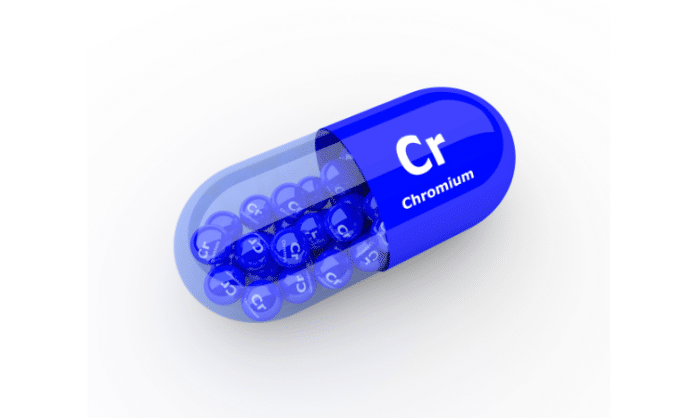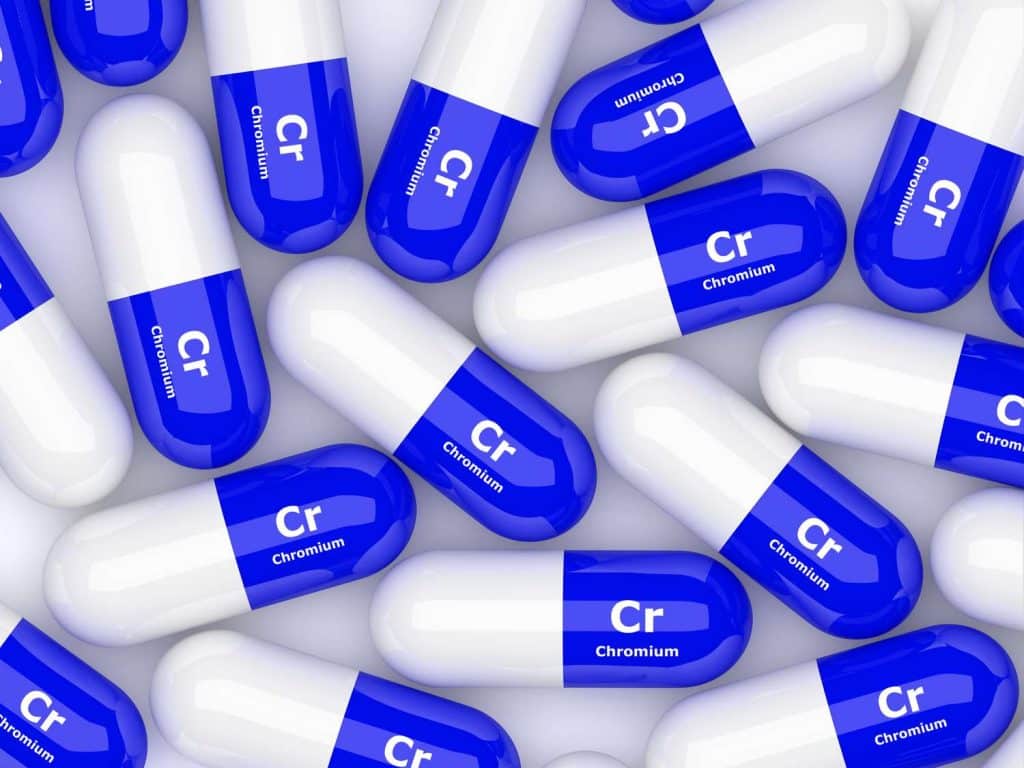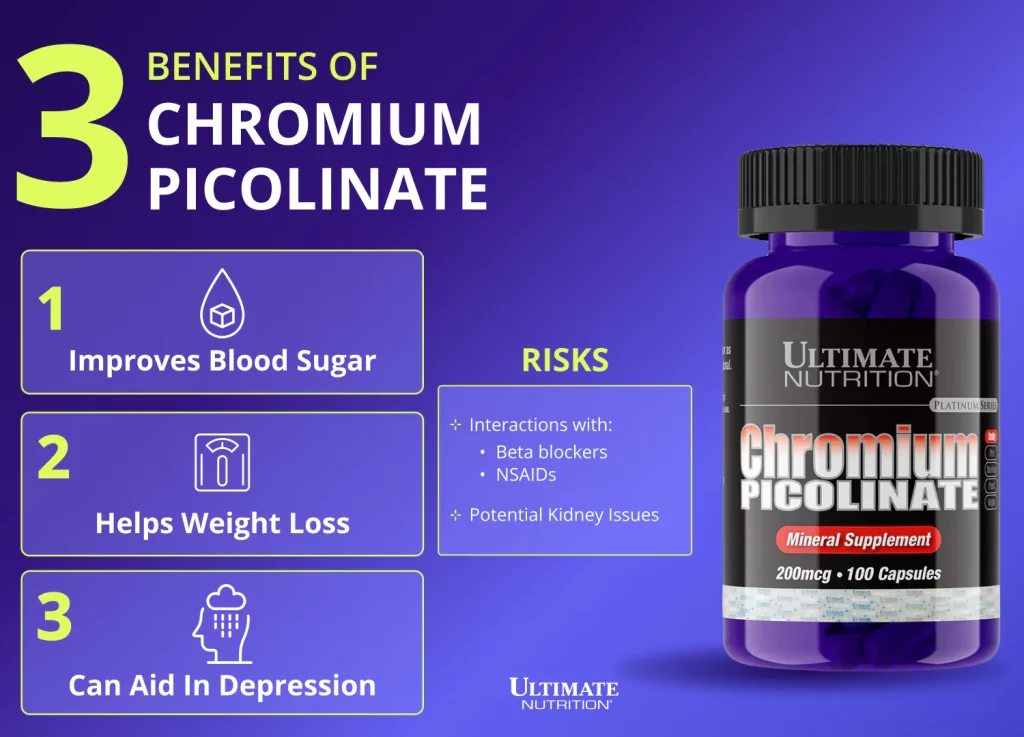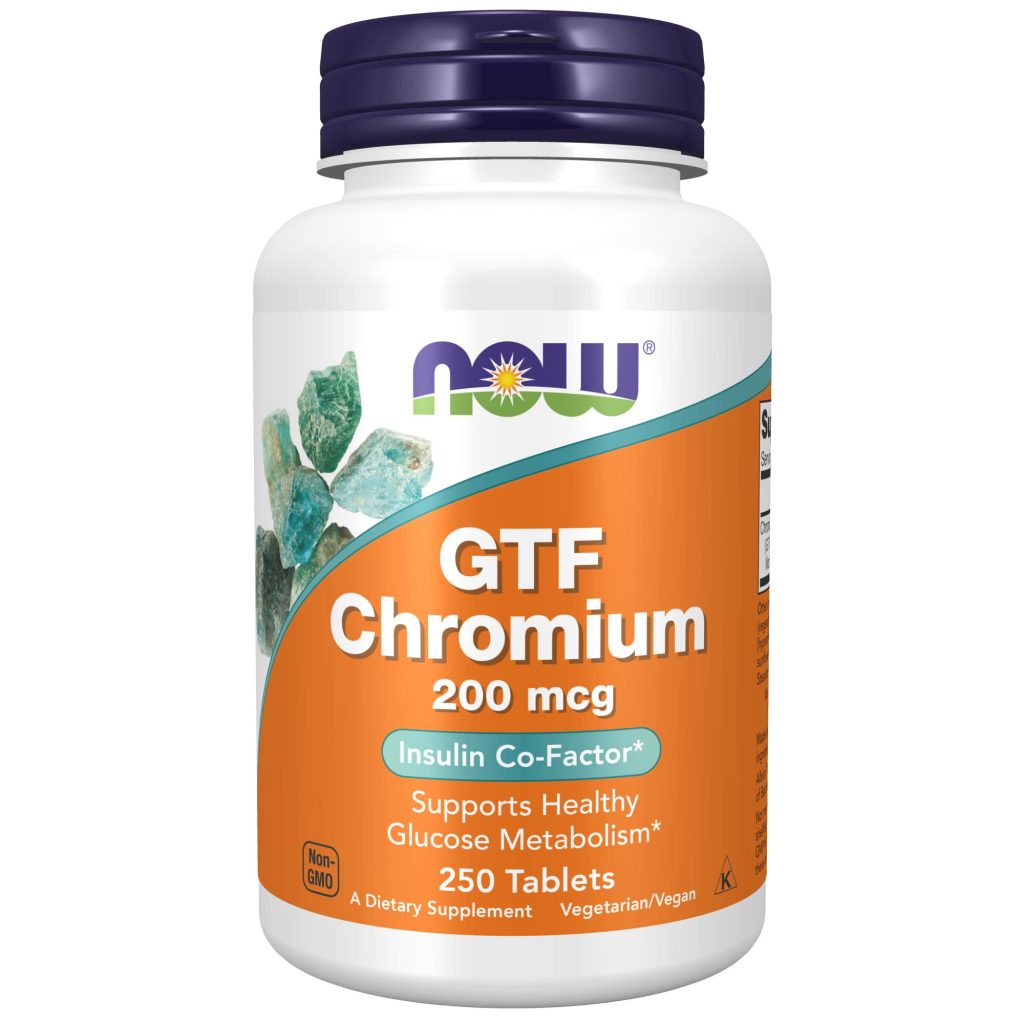
Every nutrient we consume plays a pivotal role in our bodies, and one such unsung hero is chromium. The question often pops up: “What are chromium mineral supplements used for?” It’s a fundamental query and deserves an in-depth exploration. In this blog post, we will demystify what chromium is, its sources, and its roles in our bodies, specifically focusing on the chromium supplements and their uses.
What is Chromium?

Chromium is a vital trace mineral that the human body requires for daily functions. Our bodies do not make chromium, so we must get it from either the food we eat or through supplements. Primarily, it aids in enhancing insulin function, which directly affects how our bodies handle carbohydrates, fats, and proteins.
Chromium Mineral Supplements
This brings us to the question at the forefront of our minds: “What are chromium mineral supplements used for?” They are generally used to supplement our daily intake of the chromium mineral. People who may not be getting enough chromium through their diet may use supplements to fulfill their bodies’ requirements.
What is Chromium Picolinate Supplement Used For?

One popular form of these supplements is chromium picolinate. Research suggests that chromium picolinate may help individuals with type 2 diabetes control their blood sugar levels. It is also sometimes used for weight loss and to improve athletic performance, although more studies are needed to definitively prove these benefits.
What is Chromium 200 mcg Used For?

A common dosage found in chromium supplements is 200 mcg. At this level, chromium is used to enhance the body’s response to insulin and reduce blood sugar levels. It can also help in reducing food intake, hunger levels, and fat cravings, thus potentially aiding weight loss. Remember, though, every individual is unique, and what works for one may not work for another. Always consult with a healthcare professional before starting a new supplement regimen.
What is Chromium Vitamin Good For?

When you hear the term chromium vitamin, it generally refers to a chromium supplement. It is good for a variety of functions. Some evidence suggests it might aid in the management of polycystic ovary syndrome (PCOS), and it is also considered to have a beneficial impact on heart health. Again, these potential benefits should be reviewed and evaluated with your doctor.
Chromium-Rich Foods

Now that we understand the role and benefits of chromium supplements, you might be wondering, “What are chromium rich foods?”
The good news is that a variety of foods contain chromium. Here are some excellent sources:
- Whole grains
- Fresh fruits like apples and bananas
- Vegetables such as broccoli and green beans
- Meats and poultry
- Dairy products
- Nuts and seeds
Including these foods in your diet can help maintain healthy chromium levels.
Conclusion
So, to answer our initial question, “What are chromium mineral supplements used for?”, they are used to ensure we are getting enough chromium, which aids in crucial bodily functions like insulin enhancement and potentially heart health. Whether through chromium rich foods or supplements such as chromium picolinate or a 200 mcg chromium supplement, what’s most important is to ensure that our bodies are getting the nutrients they need.
Remember, the first step to good health is understanding what we’re putting into our bodies. Always consult with a healthcare professional before starting a new dietary or supplement regimen. And lastly, always strive for a balanced and nutritious diet, supplementing only when necessary. We hope this guide has shed light on the essential role of chromium and its supplements.











